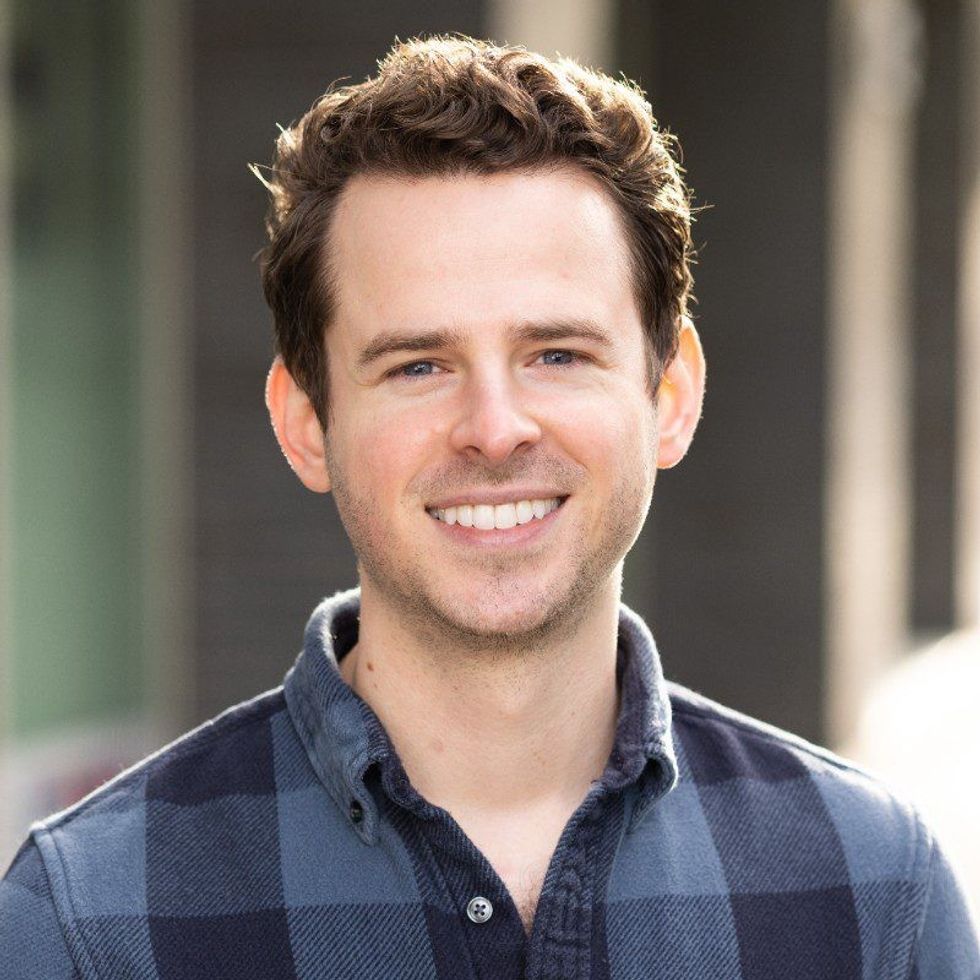What if you could become one of multiple investment landlords of a property -- like buying into a timeshare -- and earn passive income? And you could do it on the cheap?
Co-ownership models have given rise to a new way of looking at affording real estate. Take Arrived Homes, a Seattle-based real estate investment company, backed by Bezos Expeditions, which has set up over 100 single-family homes in cities across the U.S. These homes are co-owned by everyday investors, many of which cannot afford a home on their own.
The company worked with the U.S. Securities and Exchange Commission (SEC) to be qualified, meaning they received regulatory compliance from the SEC, not product approval, as the SEC does not approve any investment offering.
READ: When It Comes to Purchasing Property as a Group, People in B.C. Are Fearless
Ryan Frazier, co-founder and CEO of Arrived Homes, says they spent close to a year organizing their SEC offer, which was vital to ensure anyone, including non-accredited investors, could invest.
“Before Arrived there were no SEC Qualified Offerings for everyday people, or non-accredited investors, to invest in shares of single family rental homes,” Frazier tells STOREYS. “The options were limited to the capital-intensive option of buying homes or investing in a public REIT.”

Frazier sees each property as a “mini house IPO,” adding that a property must be qualified on an individual basis by the SEC to offer the home for fractional ownership on their platform.
Currently, Arrived Homes offers property shares to U.S.-only investors, who buy shares starting at US$100.
A similar model can be seen in Canada, but instead of single-family homes, Addy offers investment on multi-family, mixed-use, industrial, and commercial properties.
Addy serves as a mix between a landlord and property manager. Like Arrived Homes, Addy allows retail investors a chance to own property, in a co-ownership way, helping them capitalize on real estate deals which would often only be available to wealthy investors.
Founded by Michael Stephenson, Stephen Jagger, and Jeff Booth, Addy breaks each property into investment increments valued at $1. Units of each investment are listed for sale on the platform and an investor can invest anywhere from one buck to $1,500 per property. For example, a $1,000,000 investment opportunity would be divided up into 1,000,000 units.

“As governments continue to print money in response to the global pandemic, they are pushing asset prices higher, which ironically makes it harder for anyone without vast sums of cash to participate in real estate,” says Michael Stephenson, Addy’s co-founder and CEO, to STOREYS. “This has increased demand for Addy.”
Stephenson also says rising interest rates have made it more expensive to borrow money, which reduces the amount of debt on commercial real estate and increases the amount of equity needed.
How It Works
After signing up via Addy’s website or downloading the app (which is currently only available in the Apple Store), interested investors will need to become a member (minimum of $25/year).
Next, they connect their bank account to link their digital wallet via the Addy platform, choose a property, review the due diligence documents, sign, and invest.
The number of people who can invest in a property depends on the amount being raised (and cap of $1,500 per property). Some deals have seen hundreds of investors, while the largest investment saw 2,197 investors, according to Stephenson. The average investment is approximately $346, and if someone wants to invest more than $1,500, they can invest in multiple properties.
To date, 26 properties have sold out on the Addy platform, of which include industrial, retail, office, and hospitality spaces, as well as recreational units. 11 properties are in British Columbia; 10 in Ontario; three in Alberta; and two in Quebec.
“All investment decisions are made collectively by Addy’s real estate acquisitions teams, and all opportunities go through a rigorous due diligence process,” says Stephenson.
Tenants of a multi-family or mixed-use property can invest in the building they are residents of and reap financial gains too. However, Addy does not deal with renting out units; the only way to rent in a building that is on the Addy platform is through a traditional realtor or property manager.
Future Plans
Addy is currently open to residents in British Columbia, Alberta, Ontario, and Quebec over the age of majority. “As Addy gets enough members in each province, we aim to unlock it,” says Stephenson.
Frazier says any company wishing to follow in its footsteps “should realize there is a lot of regulatory work you need to tackle to do this the right way.”
“Working on the process through the SEC helped us do two things. First, we were able to produce an innovative investment product that anyone can access. Second, going through the registration process with the SEC gives our customers the peace of mind knowing that we have gone through the property disclosure process and will do things like reporting audited annual financial statements,” says Frazier. He says the company wants to expand its offerings to include short term rentals, like Airbnb’s and VRBOs.
As for Addy, Stephenson says the plan is to add more properties and grow the membership base.
“Owning real estate is no longer an overwhelming solo venture,” he says. “Now you will own a piece of a commercial complex, business park, or entire apartment building alongside us and other community members, which includes tenants, employees, and local residents.”





















